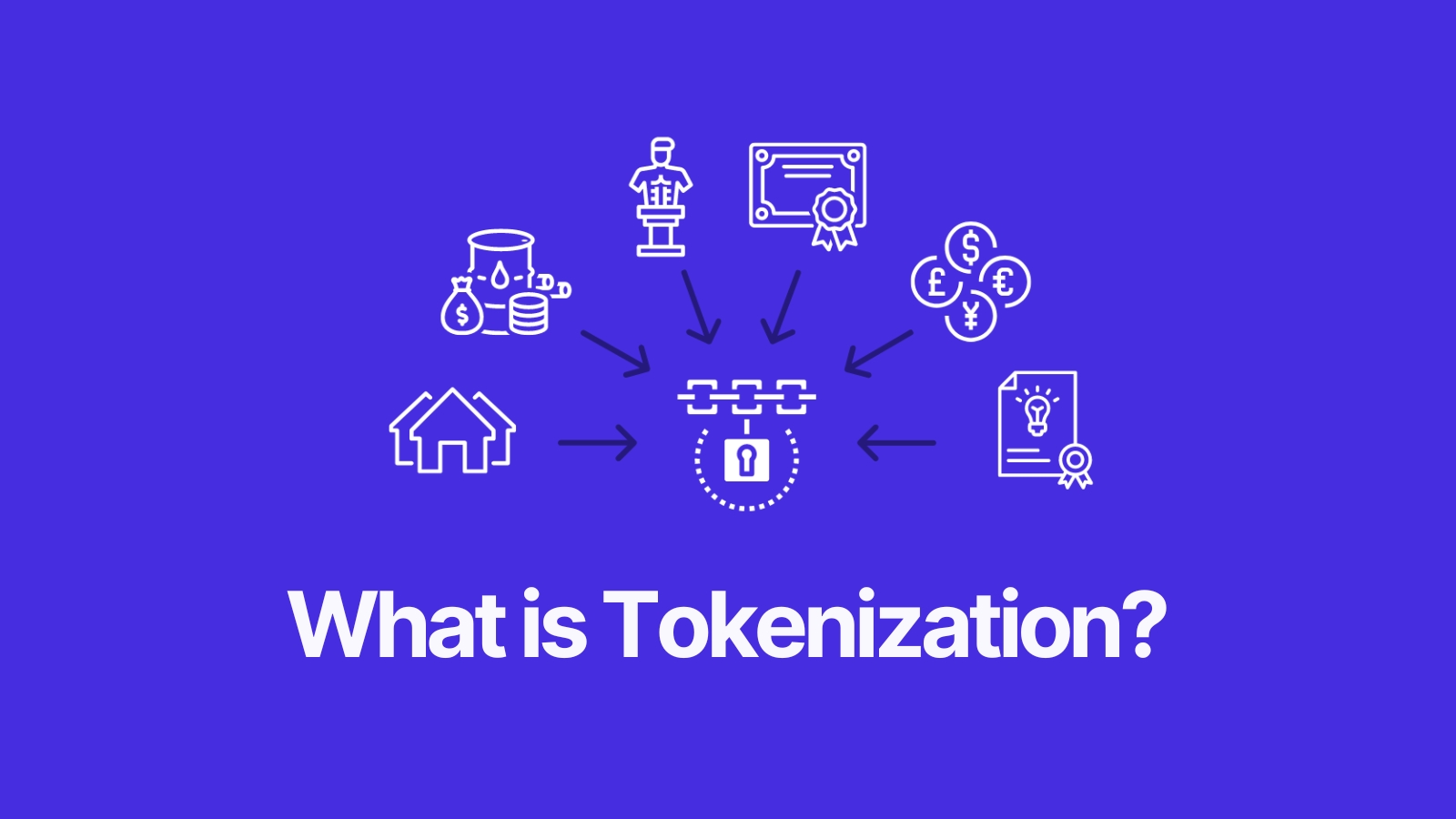Unleashing Blockchain's Potential: Tokenization of Real-World Assets by Major Banks

In the realm of finance and technology, there's a revolutionary concept making waves: the tokenization of real-world assets. This transformative process involves converting tangible assets like real estate, art, or commodities into digital tokens on a blockchain network. What's particularly striking is the recent involvement of major banks in this space, signaling a significant shift in the adoption and acceptance of blockchain technology.
Traditionally, the financial world has been characterized by cumbersome processes, intermediaries, and limited accessibility. However, blockchain technology offers a promising solution by providing transparency, security, and efficiency. With its decentralized nature, blockchain has the potential to democratize finance and reshape the global economy.
The entry of major banks into the realm of tokenizing real-world assets marks a pivotal moment. These institutions, often regarded as conservative and risk-averse, are recognizing the potential of blockchain to streamline operations and unlock new opportunities. By leveraging blockchain technology, banks can facilitate the fractional ownership of high-value assets, enabling broader participation from investors of varying financial capacities.
One of the key impacts of major banks embracing asset tokenization is the validation it brings to blockchain technology. Banks are trusted entities with extensive regulatory compliance frameworks. Their involvement lends credibility and legitimacy to blockchain-based solutions, reassuring both investors and regulatory bodies.
Furthermore, the tokenization of real-world assets by major banks can significantly enhance liquidity in traditionally illiquid markets. Assets like real estate or fine art, which were once challenging to buy or sell, can now be divided into digital tokens, allowing for easier transfer and fractional ownership. This increased liquidity opens up investment opportunities to a broader range of investors, thereby democratizing access to assets that were previously reserved for the elite.
Moreover, the adoption of blockchain technology by major banks could streamline the entire asset management process. Smart contracts, programmable code executed on a blockchain, can automate various functions such as dividend payments, voting rights, and compliance requirements. This automation not only reduces the need for intermediaries but also minimizes the potential for human error and fraud, ultimately enhancing efficiency and trust in the system.
However, it's essential to acknowledge the challenges and considerations associated with the tokenization of real-world assets by major banks. Regulatory compliance remains a significant hurdle, as regulators grapple with the novel implications of blockchain technology on existing financial frameworks. Additionally, ensuring the security and integrity of digital assets in a constantly evolving technological landscape is paramount.
In conclusion, the tokenization of real-world assets by major banks represents a groundbreaking advancement in the adoption of blockchain technology. By embracing blockchain, banks have the potential to revolutionize finance, offering increased transparency, liquidity, and efficiency. While challenges remain, the trajectory is clear: blockchain is poised to reshape the financial landscape, with major banks leading the way into a more inclusive and digitally-driven future.


































